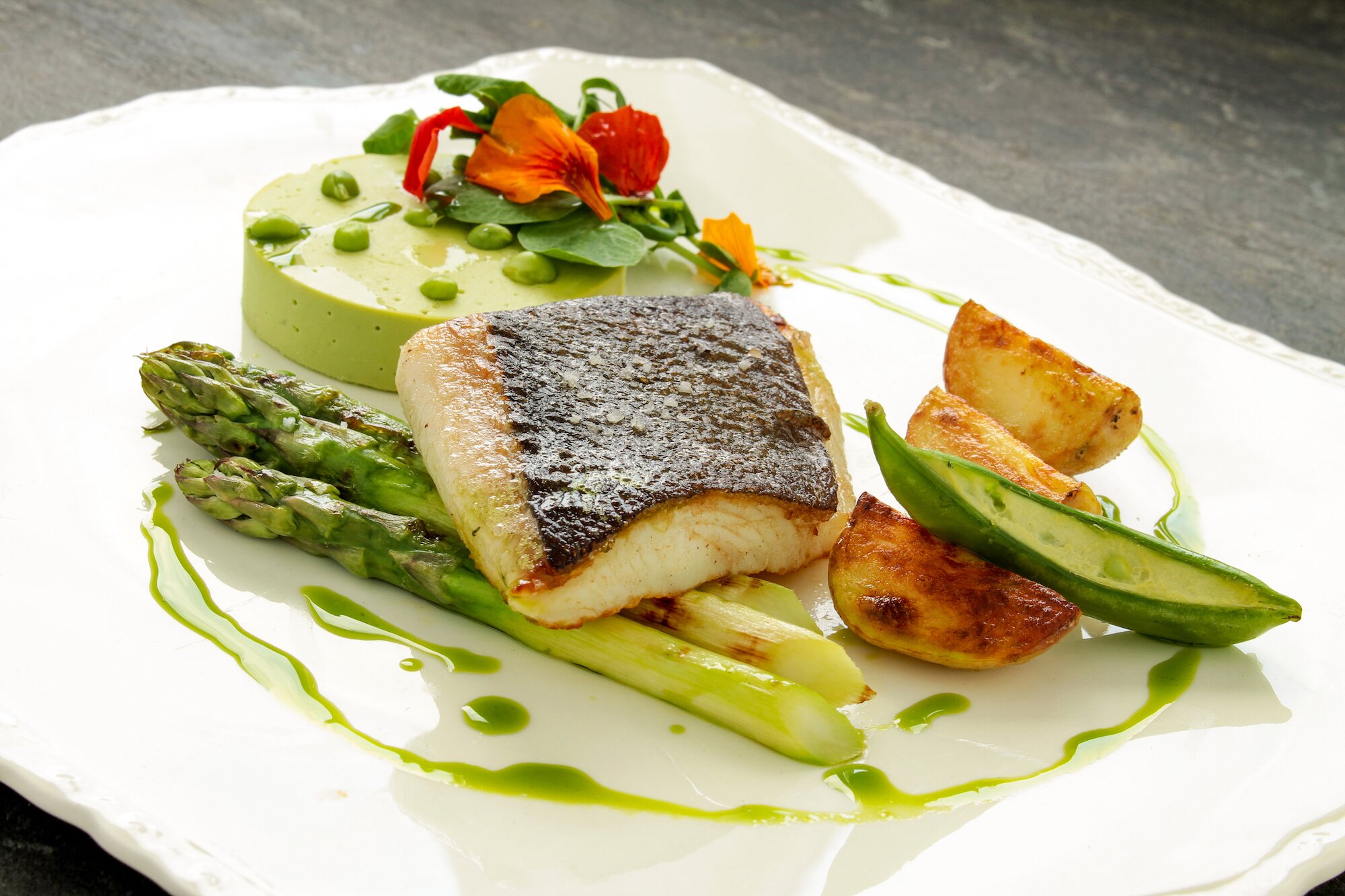Chefs urged to remain cautious about sea bass use
Fish and seafood supplier Direct Seafoods has suggested that chefs should keep sea bass for specials menus, despite an improvement in its sustainability rating.
The new Good Fish Guide from the Marine Conservation Society (MCS) line-caught sea bass from British waters has a yellow rating, meaning it can be used with caution, upgrading it from a ‘don’t use’ red rating.
However, Direct Seafoods director of sustainability Laky Zervudachi is advising chefs to use the MCS guide and its ratings to plan a varied and regularly changing seafood offer, rather than rely on a few species.
He said: “It’s great that line-caught sea bass has recovered, showing what we can achieve as an industry when all of us - the fishing fleet, suppliers, chefs and retailers – work together. But it would be a concern if sea bass simply went back on menus as a core, year-round dish, or if chefs were less careful about how the sea bass they buy is sourced – not all sea bass on the market is sustainably line-caught.
“We also have to bear in mind that quotas which strictly limit the amount that can be landed still apply, and that with conservation an important consideration, strict catch limits are liable to remain in place, meaning sea bass will continue to be a high-value menu choice.
“We’re encouraging our customers to recognise the diversity of the fish and seafood available with menu descriptions such as ‘catch of the day’ and ‘market fish’. Sea bass can easily be rotated on special boards with other popular species such as plaice, sole and sea bream.”
The new Good Fish Guide from the MCS has changed the ratings for a number of species, including a new red rating for North Sea cod. Zervudachi adds: "The Good Fish Guide should be seen as an opportunity by chefs rather than a restriction. We have stocks available from other fisheries as an alternative to North Sea cod, and equally there are other high-quality white fish species such as coley and hake available.
“There is also good news in the new ratings, for example on mackerel. There were concerns that it might have to be downgraded, but stocks from British waters are still well-managed, and can be used as part of a varied seafood menu. In addition, some monkfish fisheries have moved into the green zone, and john dory is off the fish to avoid list. By working together, we can ensure that we continue to have a wide range of high quality, sustainably-caught fish available.”















